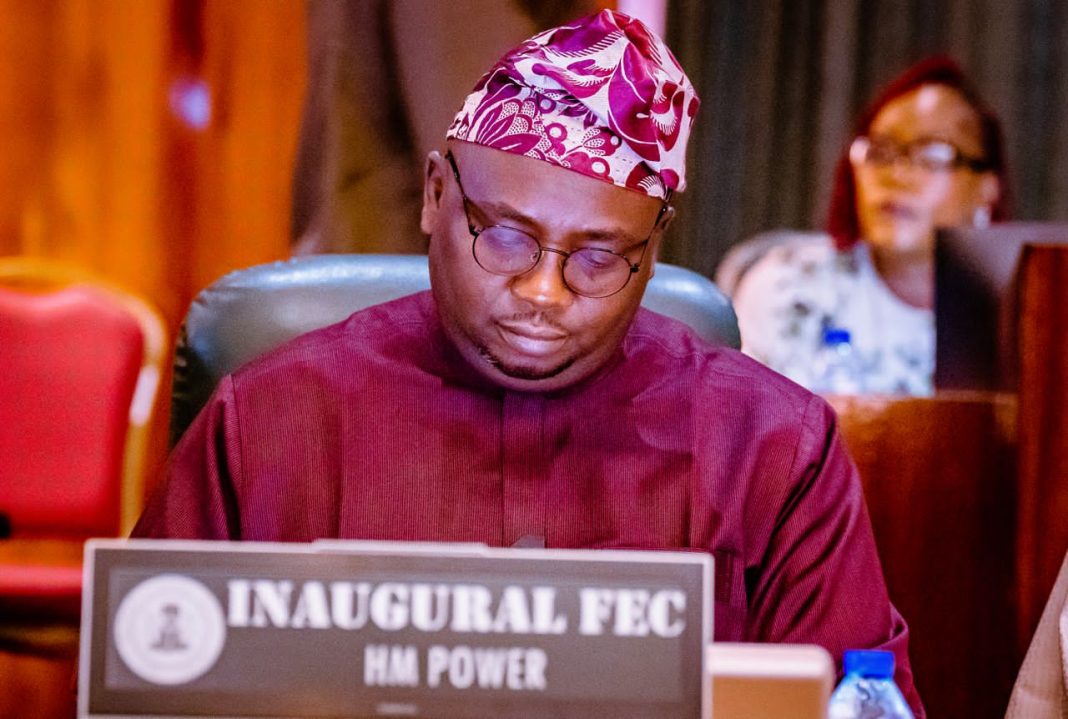ABUJA, Nigeria — The Federal Government has unveiled plans to pilot a sweeping reform of the country’s electricity distribution sector, beginning with a major restructuring of two underperforming Distribution Companies (DisCos), one each in the northern and southern regions of the country.
The plan, announced on Monday, May 12, 2025, by Minister of Power Adebayo Adelabu, follows a detailed diagnostic report on Nigeria’s distribution sector, presented by the Japanese International Cooperation Agency (JICA), titled “Revamping of the Distribution Sector in Nigeria.”
Adelabu said the pilot scheme, set to launch between May and August 2025, would serve as a blueprint for nationwide reforms targeting systemic inefficiencies across the sector, which continues to be plagued by governance gaps, poor infrastructure, and weak commercial performance.
“We can no longer fold our hands and watch the inadequacies of DisCos, whose performances fall short of expectations,” Adelabu said.
“This pilot is not optional. We will use regulatory authority to restructure underperforming DisCos and compel compliance if necessary.”
While the identities of the specific DisCos to be restructured were not disclosed, the minister stressed that this phase is part of a broader national intervention to ensure more reliable power distribution, especially in light of Nigeria’s longstanding electricity supply challenges.
The announcement follows repeated warnings from the Power Ministry about the stagnation in investment by DisCos in their distribution infrastructure.
Adelabu has previously blamed the slow pace of sector improvement on inadequate capital deployment by the utilities, particularly in expanding and maintaining the grid required to support customer migration to higher tariff bands.
“Lack of investment in the distribution network is one of the key bottlenecks holding back progress,” Adelabu said, adding that any DisCo failing to meet service delivery expectations will face regulatory consequences, including possible takeover or restructuring under government supervision.
The reform plan is expected to address technical and commercial losses in the sector, which have long undermined Nigeria’s goal of providing consistent and affordable electricity to its population of over 200 million.
Sector experts have welcomed the initiative but warn that a sustained commitment to transparency, regulatory enforcement, and private sector collaboration will be necessary to achieve meaningful outcomes.
The power sector has undergone multiple waves of reform since the privatisation of generation and distribution assets in 2013, but persistent failures in distribution have continued to frustrate efforts to improve power delivery to homes and businesses.







